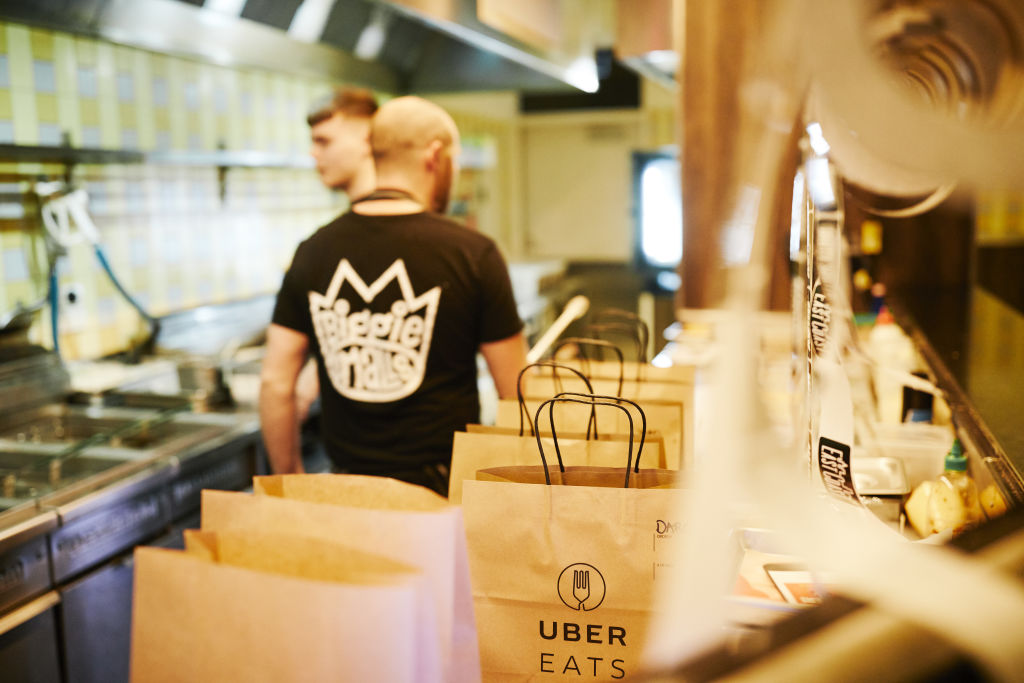Australia's thriftiest Redditors reveal their best money-saving hacks to beat the rising cost of living
With a cost of living crisis gripping the nation and rising rents, soaring grocery and energy prices and ballooning mortgage repayments putting pressure on household budgets, it’s no surprise that people are doing everything they can to try to save money.
Fortunately, there are plenty of ways to slash your expenses, cut back on spending and boost your bank balance without cramping your lifestyle.
Refinancing your home loan, setting up a money management system and doing a deep dive into your spending habits are good places to start.
But if you’re looking for ways to save that are a bit further outside the box, let the good folks over at Reddit provide some inspiration.
The r/AusFinance subreddit is packed full of saving, budgeting and money management tips that people have shared, shedding light on the ways Australians can take control of their finances.
Beat the lazy tax
Take redditor obesehomingpigeon, for example. They posted about deciding to avoid paying the “lazy tax” – the premium many people pay by sticking with existing service providers and not shopping around – just by making a few phone calls.
They said switching internet providers saved about $480 per year, while making adjustments to their insurance saved $104 per year. They also reduced their home loan interest rate by 0.4 percentage points after calling their bank.
Fellow redditors have chimed in with the varied strategies they use to save, such as -alexandra- who posted about switching from a $35 per month phone plan to a $140 per year prepaid service offered by Woolworths, a saving of $280 a year, which came with another benefit.
“You get 10 per cent off one shop at Woolies each month, which if I choose to use on a big shop, say $200+ will be a $20+ saving on groceries per month,” they said.
Meanwhile, candreacchio haggled with their insurance provider to get a better deal.
“I did one of those online quotes for my insurance,” they said. “It was with the exact same company. Then via their chat got them to match it to my account. Saved $200 for about 5 minutes work.”

Eliminate the commute
In a separate thread, multiple people recommend working from home as a cost-saving measure. While this won’t suit everyone, especially those in industries where working remotely isn’t possible, AccordingWarning9534 said they saw significant savings by negotiating a permanent remote working arrangement.
“It was a gamble but paid off,” they said. “It’s straight up $200 a week savings considering travel, coffees and lunches (and after work drinks) are all not happening.”
They also invested in improving their home, offsetting their increased running costs. “I spent COVID bringing my house up to standards with energy efficiency and solar plus battery. This summer, I paid no electricity bills and ran the AC every other day. Winter bills are not free, but only about $50.”

Find free entertainment
For those worried that saving money means eliminating entertainment, lanadeltaco13 has the answer.
“Best money saving tip I can give someone: Get a membership at your local library,” they said. “It’s free and you can borrow all your books and save a fortune. It’s also quite fun, it gives nostalgic vibes of going to Blockbuster and renting movies.”

Get paid to declutter
Redditor thearchitect1209 said selling things that are no longer needed was a way to free up cash.
“Sold 6 pairs of shoes for a total of $600 on Marketplace,” they said. “You never know where you have money laying around.”
Shop smarter
In International_Put727’s household, meal planning is taken to the next level.
“My husband is a manager in manufacturing and logistics, and basically applies the same principles to our grocery shop,” they said.
“Running shopping list on a whiteboard when the last packet is opened (saves emergency trips to the shops, which avoids unplanned purchases).”
“Stocktake on fridge and pantry pre-shop. Meal plan for the next 7 days, use up any perishables first and then buy what is needed for breakfast, lunch, dinner and healthy snacks.”
“Top up with a trip to Costo for bulk items every 4-6 weeks (cleaning products, ‘treat’ snacks, flour, rice etc) and fill up on the cheap petrol while we are there.”

Meanwhile, eliminating meat is helping 55peasants’ bank balance. “I became a vegetarian for health reason and noticed a huge increase in disposable income as beans, rice and produce are cheaper than meat,” they said.
The approach taken by _EnFlaMEd to save on groceries could be a little controversial.
“I try only buy things on sale for groceries and everything else,” they said. “I am one of those hated people that will clear a shelf of stock if something I use regularly is really cheap.”
They also said they liked to bulk-buy cheap fuel whenever prices are low. “I will always buy the cheapest fuel available within say 10km and if its really cheap I will take all of my cars there and a jerry can to fill up. I use the jerry can to top up on the crest of the fuel cycle to get me through to the next low.”

Ditch deliveries
Meanwhile, abeeseadeee appears to be following the advice of pretty much every mortgage broker in Australia.
“I cut back on Uber Eats and other food delivery companies because it’s so much cheaper to cook at home or order/collect through the restaurant directly. The ‘convenience tax’ was getting too high with all the extra fees.”
User _dotdashdashdash hasn’t given up food deliveries but has found a clever way to save.
“We’ve been cycling through the promos for all of the meal kits,” they said. “It depends on the provider, but you can usually get about 4 meals with at least 2 serves for the $10 delivery fee.”

Track spending
Analysing spending habits appears to be working wonders for Ok-Natural-7510.
“I’m making sure I download a CSV from my bank and break my actual spending down and give me goals to try and “beat” certain categories,” they said.
“Have been able to reduce eating out by 60 per cent and really focus on home cooking no matter how exhausted I am.”
DIY to save
It appears that lfly01 is now saving about $1000 per year by putting their spouse to work as a barber.
“Haircuts cost $40 a pop now where I live, with a mortgage at just over $4k a month I said to my wife it’s time to start making cuts, literally,” they said.
“So she’s been giving me a basic faded buzz cut weekly/fortnightly to save us $80 a month. She learned how to do the fade using YouTube.”

In another thread, P3ngu1nR4ge said taking a do-it-yourself approach to life has seen big savings.
“I keep learning how to fix things and I tend to scavenge,” they said. “People are stupid when it comes to rubbish especially when it is electronics, or building materials. Just understanding how to maintain a car, cooking, building stuff, cultivating, and growing plants can save you money.”
We thought you might like
States
Capital Cities
Capital Cities - Rentals
Popular Areas
Allhomes
More










